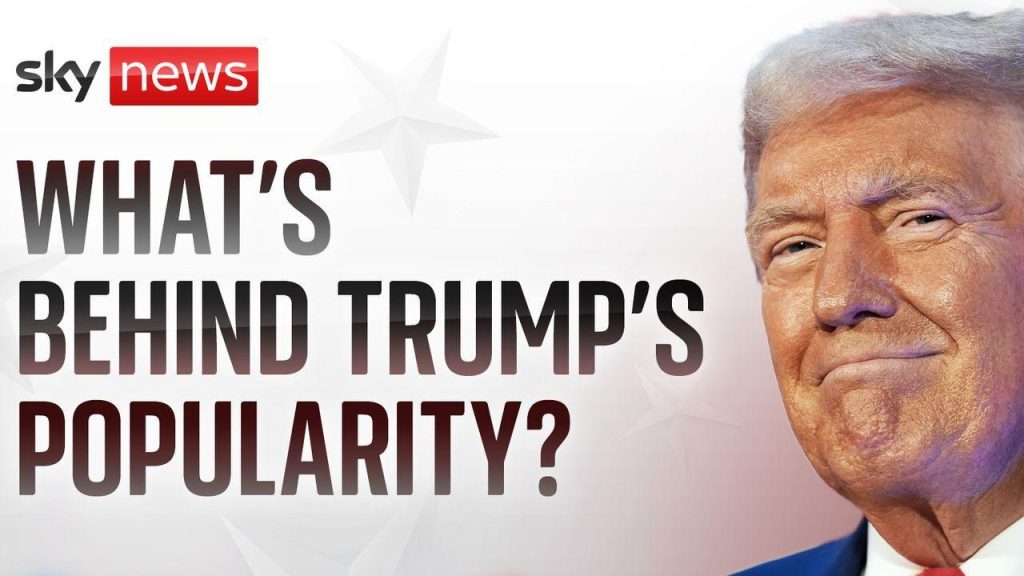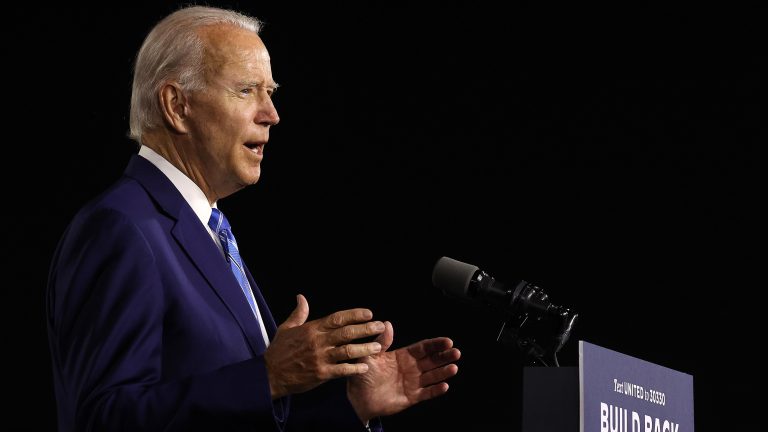
In the bustling theatre of American politics, the 2016 presidential election played out like a gripping drama, complete with its share of twists, turns, and stunning revelations. Among the myriad of contentious issues that swirled around the campaign, one theme reverberated with an ominous echo: the Democratic warnings about Donald Trump.
While the heat of the election has long since subsided, the reverberations of those warnings continue to linger in the halls of power and the corridors of public discourse. This article delves into the substance of those warnings, exploring the extent to which they were mere campaign rhetoric versus grounded predictions based on objective evidence. By examining a tapestry of statements, actions, and events, we unravel the intricate threads that connected the Democratic warnings to the subsequent realities of Trump’s presidency.
The Perils of Dismissing Democratic Warnings: Political Opportunity or Systemic Breakdown?
Seeking Political Gain vs. Preventing Crisis
Whether Democratic warnings about Trump were merely campaign rhetoric or genuine concerns is a matter of debate. Some argue that Democrats exaggerated the threats he posed to exploit his vulnerabilities for political gain. Others insist that they sounded the alarm based on a sober assessment of his character, policies, and actions.
Evidence of Predictive Warnings
There is evidence to support both sides of this argument. On the one hand, some Democratic leaders made hyperbolic statements that cast Trump as a threat to democracy itself. On the other hand, there were specific warnings that closely aligned with subsequent events. For instance, before his election, Democrats warned about Trump’s disregard for the rule of law, his incitement of violence, and his authoritarian tendencies. These warnings, while not always expressed in the most diplomatic terms, ultimately proved to be prescient.
Beyond Rhetoric: Examining the Substance of Democratic Concerns
Democratic warnings about Trump were not simply campaign rhetoric
Beyond the heated exchanges and partisan posturing, the Democratic Party’s concerns about Donald Trump’s presidency were rooted in substantial evidence and well-founded apprehensions. These concerns extended beyond mere rhetoric and were supported by a body of alarming facts and patterns that foreshadowed the potential dangers of his administration.
For instance, Trump’s repeated attacks on the media, judiciary, and intelligence community raised serious questions about his commitment to the separation of powers and the rule of law. His blatant disregard for democratic norms and his tendency to undermine institutions essential to a functioning democracy served as early warning signs of his authoritarian tendencies. Furthermore, his policies on immigration, healthcare, and the environment threatened to erode fundamental rights and values, prompting fears of a rollback in social progress and a retreat from America’s global leadership role.
* Policy Prescriptions for Addressing the Warnings: Preventing Future Crises
Policy Prescriptions to Prevent Future Crises:
Strengthen democratic institutions: Reform campaign finance laws to reduce the influence of wealthy donors, bolster independent media organizations to provide credible information, and enhance checks and balances on executive power.
Address inequality and economic insecurity: Implement policies that promote economic growth, reduce disparities in wealth and income, and strengthen the social safety net. Social stability and economic well-being make it less likely for citizens to be drawn to populist and authoritarian leaders.
| Measure | Objective |
|—|—|
| Campaign finance reform | Reduce the influence of money in politics |
| Support independent media | Ensure access to reliable information |
| Strengthen checks and balances | Prevent abuses of power |
| Invest in education and job training | Promote economic mobility |
| Expand social safety net | Provide assistance to those in need |
Closing Remarks
In the wake of the Capitol insurrection and Trump’s subsequent impeachment, it has become clear that the warnings issued by Democrats during the 2016 campaign were not mere political posturing. The evidence presented during the impeachment hearings, as well as the ongoing investigations into Trump’s conduct, has substantiated the concerns raised by Democrats at the time.
As we move forward, it is crucial that we heed the lessons of the Trump presidency. We must remain vigilant against the erosion of our democratic institutions and the rise of authoritarianism. We must also work to restore trust in our government and to heal the divisions that have been exacerbated by the Trump era.
The challenges we face are great, but they are not insurmountable. By working together, we can build a more just, equitable, and sustainable future for all Americans.



